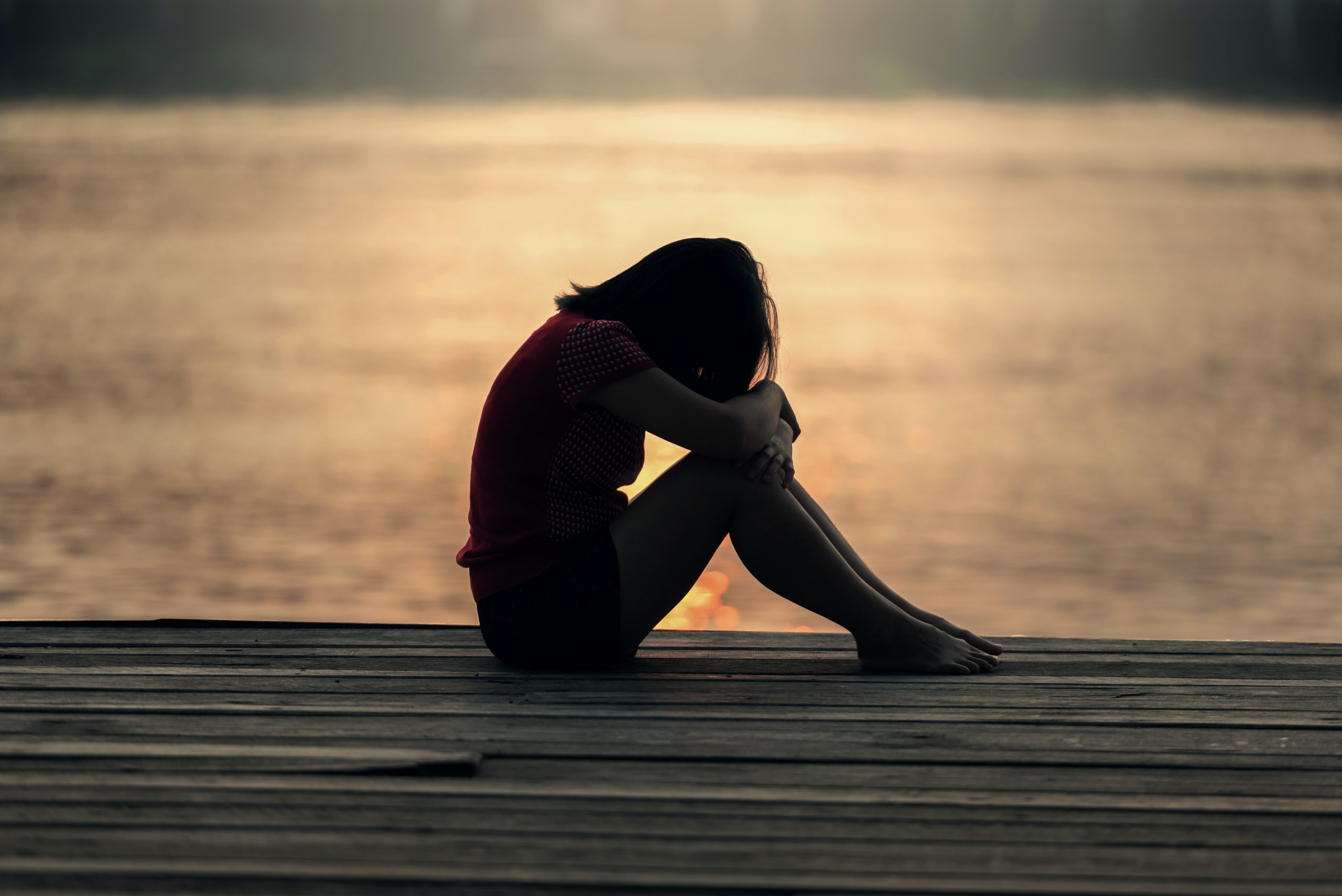 Over the past few years, our family has experienced a lot of grief. From nieces to cousins, and parents to aunts and uncles, there is so much that accompanies loss and grief: guilt over things you feel like you could have or should have said and done; sadness over memories shared and time that was lost; and sorrow over the void that now fills your life with the absence of someone important.
Over the past few years, our family has experienced a lot of grief. From nieces to cousins, and parents to aunts and uncles, there is so much that accompanies loss and grief: guilt over things you feel like you could have or should have said and done; sadness over memories shared and time that was lost; and sorrow over the void that now fills your life with the absence of someone important.
One thing that I have experienced with these losses is the irrational panic, anxiety, and depression that followed.
After the loss of my father-in-law, I became panicked — almost obsessed — thinking that everyone around me was dying. I would cry any time I was away from my husband and kids. I tracked my husband on Life360 just to make sure he hadn’t been in an accident. It was crippling, but through counseling and medication, I began to work through the grief that so often strangled me.
Last week, about a year after I started counseling and medication, we lost my cousin.
This unexpected loss ignited the fear and panic that I thought I squelched. I have noticed myself getting worried and worked up over imaginary scenarios. Internalizing others’ difficult circumstances and taking on grief that isn’t mine. Spending my days and nights thinking about the terrible “what ifs” and missing time that I haven’t even lost. Thankfully (and also unfortunately), I have already walked this road. I’ve learned that in these situations, I have to stop myself and these automatic negative thoughts, replace my irrational thoughts with positive ones, and shift my focus. It hasn’t been easy, but I’m extremely thankful to have learned these things before and that I can keep myself from going down that dark path.
Grief has taught me a lot.
Through losing loved ones around me, I have learned to cherish those who I have in my life and to be intentional with the time I share with them. I’ve been spending the past few days thinking about how I can achieve this. I don’t want to experience another loss accompanied by the thoughts of “I wish I would’ve spent more time with them” or something along those lines. I’ve come to the conclusion that intentional living looks very different than how I’m living now. It’s less screen time and more face-to-face time. It’s phone calls and letters written to express feelings and to show that I care rather than a quick text every few weeks. It’s taking care of myself and those around me for a better quality of life. It’s inviting friends and family over often — even spur of the moment when others are struggling — regardless of the dog hair and smashed pop-tarts on the couch. It’s speaking to someone I don’t know well, even when I feel awkward and uncomfortable, because I know they could use a friend. It’s putting others before me and my comfort even when it’s inconvenient. It’s showing love in action and doing so with thought and planning.
Another thing I’ve learned is that it’s ok to not be ok.
If I had a dollar for every time I had to remind myself of this over the past few years, I’d be a millionaire. So often we feel like as adults or moms or women or christians or whatever you use to fill in the blank, we should be able to handle difficult things. We feel like we should spend X amount of days being sad and then get over it. I’m not sure where this thought process came from, but it’s total garbage. Sometimes, we’re not going to be ok…and there’s nothing wrong with that. I remember after my miscarriage, I had a total meltdown. It had been months and it caught me off guard, but something triggered it and the grief and sadness completely shook me to my core. I sobbed harder than I ever had. My husband ended up having to scoop me up and rock me on the edge of our bed like a baby while whispering truths to calm me down. I ended up falling asleep in his arms…and do you know what? That’s totally ok. There is no timeline for grief. There are no guidelines for dealing with sadness or depression. Experiencing a range of emotions for an extended amount of time is normal and ok, and it doesn’t make you a crazy person.
Something I struggled with majorly is feeling like I didn’t deserve to be sad.
I wasn’t as close to my father-in-law because he wasn’t my biological father, and so I didn’t deserve to be crying when my husband wasn’t. I was only 13 weeks along in my pregnancy, so I shouldn’t be upset when other women lose their babies farther along. I only saw my niece a few times a year over the last year, so I shouldn’t be struggling as much as my other family members. These thoughts and ideas are completely irrational and total lies. It was a hard lesson for me to learn, but different people grieve in different ways. Some will show their emotions outwardly. Some will struggle silently while others think they’re just fine. Grief is a personal journey and will be different for every person…and we all have a right to experience it.

















Kalah these are good tips, it is ok to not be ok, thanks for sharing!
Comments are closed.